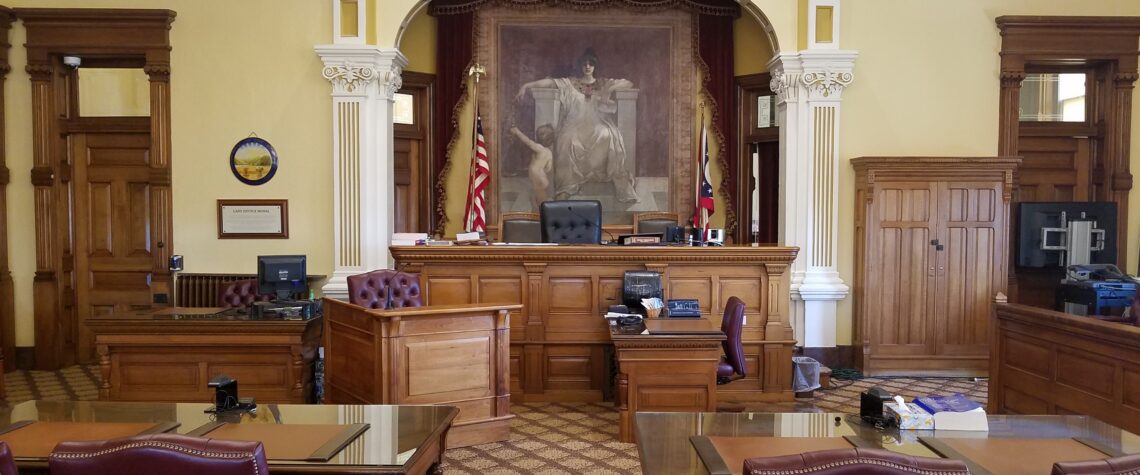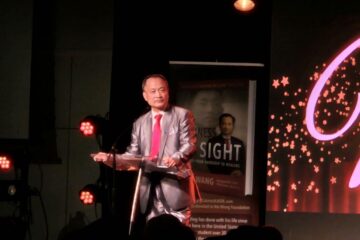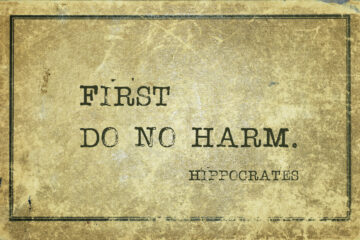Occasionally I get asked the question, “why law”? What influenced your decision to pursue this profession as opposed to another? Frequently, this question comes from young students who are intently seeking some direction or purpose, or what Christians sometimes refer to as a calling for their lives. For others, who may not share a Christian world view, there is a deeper, spiritual question underlying their curiosity. For them, the undeniable question is whether it is possible to have a “calling” to any given occupation, because, in order for there to be a “calling”, there must necessarily be one who “calls.”
The Psalmist perhaps said it best: “The steps of a good man are ordered by the Lord: and he delights in his way.” Psalm 37:23. I do not read this verse as implying that one must first come to a saving knowledge of Christ before this process of “ordering” and early and observable signs of a calling for their life begins. For me, my personal interest in law began in the eighth grade, long before I surrendered to Christ years later in my final year of law school. Looking back with the benefit now of hindsight, I can trace events and experiences in my early life that like signposts pointed me in the direction of the practice of law.
Oddly enough, one early, yet profound influence was a movie based on the Harper Lee novel “To Kill A Mockingbird.” The setting was a small, rural town of Maycomb, Alabama in the 1930s. For many in our present generation, it is difficult to understand the depth of racial segregation that permeated our culture at that time. One scene, in particular, left an indelible impression. The trial had ended. A crippled, young innocent black male had been wrongfully convicted of raping a white woman. As his lawyer Atticus Finch shuffles his papers and is preparing to leave the courtroom, the blacks seated in the balcony gallery all rise to their feet out of respect as he passes by. The message is unmistakable. Atticus had achieved the impossible even though ignorance and bigotry won out in the trial.
Recently, I filed suit in federal court on behalf of a young black student in a small, rural town in Tennessee who had been ridiculed and taunted several months by his peers based solely on the color of his skin. He was repeatedly called the “N-word”, shown mocked up “slave auction notices”, subjected to a barrage of racial epithets, called “monkey”, and shown depictions of a KKK member holding a torch and noose, and images of African-American caricatures being stabbed and shot. His mother wept as she shared the story of her son’s mistreatment, and her futile appeals to school officials to protect her young son. As I listened, I could not help but flash back in my mind’s eye to a court room in Macomb, Alabama.
The law truly is an honorable profession if for no other reason than it provides for an even ground where we strive for an ideal we call “justice”. As Atticus Finch put it so eloquently in his closing remarks to the jury:
“But there is one way in this country in which all men are created equal- there is one human institution that makes a pauper the equal of a Rockefeller, the stupid man the equal of an Einstein, and the ignorant man the equal of any college president. That institution gentlemen, is a court.
It can be the Supreme Court of the United States or the humblest JP court in the land, or this honorable court which you serve. Our courts have their faults as does any human institution, but in this country our courts are the great levelers, and in our courts all men are created equal.”
Larry L. Crain, www.crainlaw.legal














